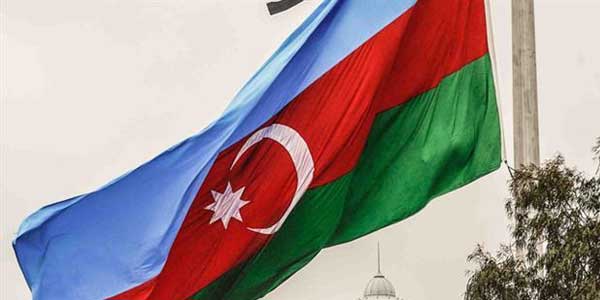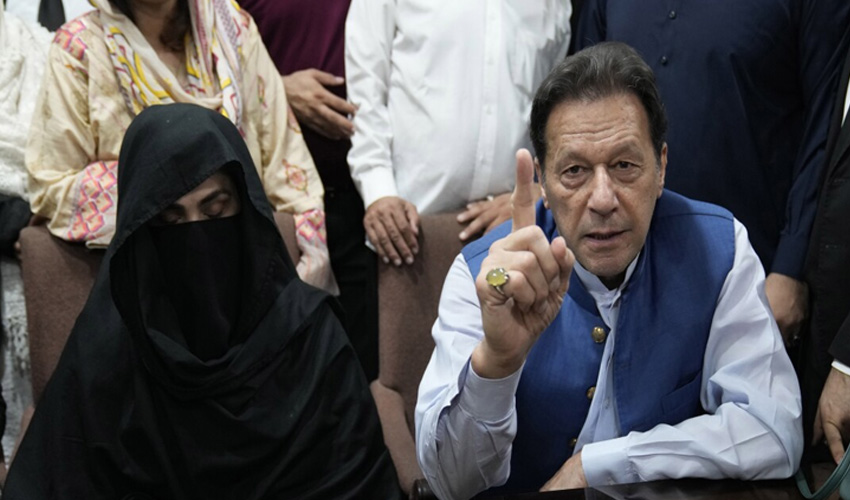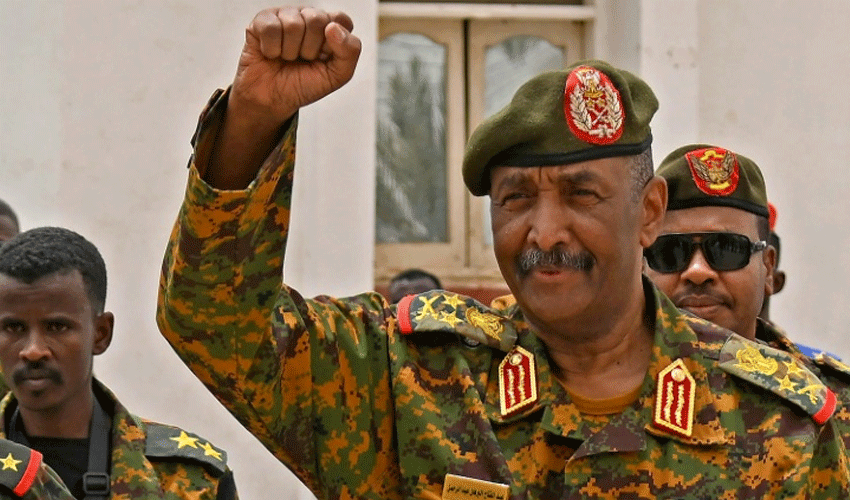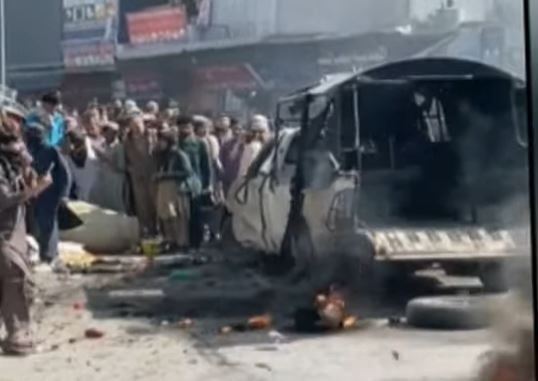For 67-year-old Azad Abbasov, a retired Azerbaijani teacher, the dream of returning to his cherished home in the picturesque mountains of Nagorno-Karabakh has persisted for half his lifetime.
His family was forcibly displaced from the village of Umudulu by Armenian forces in 1992, leaving behind a haunting memory.
However, Azerbaijan's recent swift victory over Armenian separatists in the disputed Caucasus region has rekindled his hopes of reclaiming his lost paradise, even though his home was burned down during the Armenian occupation. Abbasov keeps an aerial photo of his village on his phone, a poignant reminder of what he longs to regain.
For the past three decades, he has lived in exile in Terter, an hour's drive away, on the opposite side of the former line of control.
The conflict between Christian Armenia and mostly Turkic-speaking Shiite Azerbaijan erupted in 1988 as the Soviet Union disintegrated, resulting in over 30,000 casualties and the displacement of 700,000 Azerbaijanis from Armenia and Karabakh, along with 230,000 Armenians moving in the opposite direction.
The roots of the modern conflict trace back to 1921, when the Soviets attached Armenian-majority Nagorno-Karabakh to the Azerbaijan Soviet Republic, sparking a long-standing dispute that has taken a toll on civilians on both sides.
Abbasov's world changed on February 28, 1992, when Armenian forces took his village, resulting in his brother's death and his own injuries. He vividly remembers the downing of a rescue helicopter and the family's harrowing escape from Umudulu on foot.
On Sunday, several hundred Armenians from Nagorno-Karabakh became refugees like Abbasov, seeking exile in Armenia as the region's separatists surrendered their weapons.
Abbasov, along with other displaced Azerbaijanis, nurtures the hope of returning to Nagorno-Karabakh. He longs to leave Terter, even if it means driving his old Soviet-era Lada car.
Terter and its neighbouring villages bear the marks of the 2020 reconquest of parts of Karabakh by Azerbaijan, with posters and signs commemorating the victory and the region's cultural significance.
While the desire to return home burns brightly among the displaced, the challenges are immense. Mines need to be cleared, infrastructure rebuilt, and the thorny issue of coexisting with Armenian neighbours addressed.
Abbasov remains hopeful about reconciliation, saying, "We need to remove the seeds of animosity between us." He is even open to living in a house that wasn't originally his, suggesting, "Let the Armenians return to their village."
Yet, returning to Nagorno-Karabakh remains a complex, long-term process, with the scars of decades of conflict running deep. Despite the challenges, some, like 30-year-old Javid Ismayilov, believe that peaceful coexistence is possible and that, with time, they can find a way to live together once more.



























